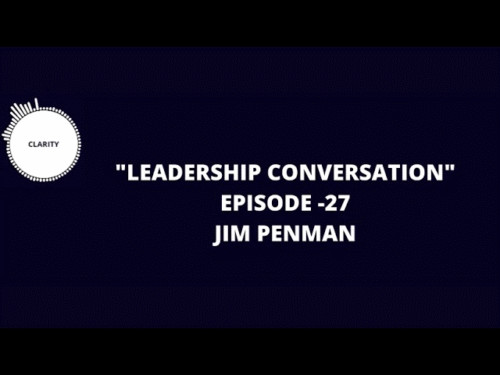From Failed Academic to Successful Entrepreneur
I never thought I’d end up as a franchise mogul.
After failing to establish myself as an academic, I was deeply in debt and unsure of my future.
But my passion for understanding the rise and fall of civilizations remained strong—I just needed a way to fund that research.
So, in 1982, I returned to an old part-time gig mowing lawns.
With just $24 and some worn-down equipment, I started a small business that would become the foundation for everything I built.
My goal was simple: use this enterprise to put my research into the epigenetics of social behavior on the map.
Putting Franchisees First: The Jim’s Group Difference
As my mowing business grew, I knew I needed scale.
That’s when I decided to franchise, using a completely different philosophy than most.
I spent nine months crafting an agreement that heavily favored my franchisees.
I gave them exclusive rights to leads, ownership of their customer base, automatic renewals, freedom to move or go independent, and even the power to veto operational changes or vote me out as franchisor.
My lawyers thought I was nuts, but I believed franchisees deserved real empowerment.
The result: only about 12% of my franchisees fail in their first year, compared to 90% in much of the rest of the industry.
Fanatical About Customer Service
Customer service has always been my calling card.
Even as a young mower, I bought a brush cutter to deliver immaculate results—I’d even blow grass clippings off driveways to delight clients.
That obsession has remained central.
We track both franchisee support scores and customer satisfaction, and when scores slip, I jump in personally until they recover.
Servant Leadership in Action
Leadership for me isn’t about authority—it’s about service.
I spend hours every week reviewing satisfaction reports, fielding franchisee concerns, and identifying improvements.
I encourage my team to do the same, even if it means sacrificing short-term profits.
The payoff is high engagement, low turnover, and empowered people.
Tragedy, Resilience, and Care
A few years ago, a horrific tragedy hit my network—a franchisee killed his family before ending his own life.
The shock devastated me.
But it also galvanized us.
We introduced mental health support, mentorship programs, safety training, and counseling.
We became stronger, more connected, and more focused on well-being, not just profits.
Funding My Research
From day one, my ambition was to fund my research on how biology shapes social behavior and civilization.
Today, Jim’s Group finances experiments exploring how factors like food scarcity impact traits like aggression and social bonding.
I firmly believe this work can help tackle mental illness and addiction.
Lessons I’ve Learned
- Put people first. My franchisees and customers are why Jim’s Group exists. Serve them, and everything else follows.
- Challenge the norm. My franchise model broke conventions—because convention doesn’t always equal what’s right.
- Lead with purpose. My business funds research. My employees and franchisees are part of that mission.
- Lead by serving. I’m not the boss. I’m a servant to the people doing the real work.
- Never stop improving. Each day, I look for ways to make things better—more efficient, more human, more impactful.
